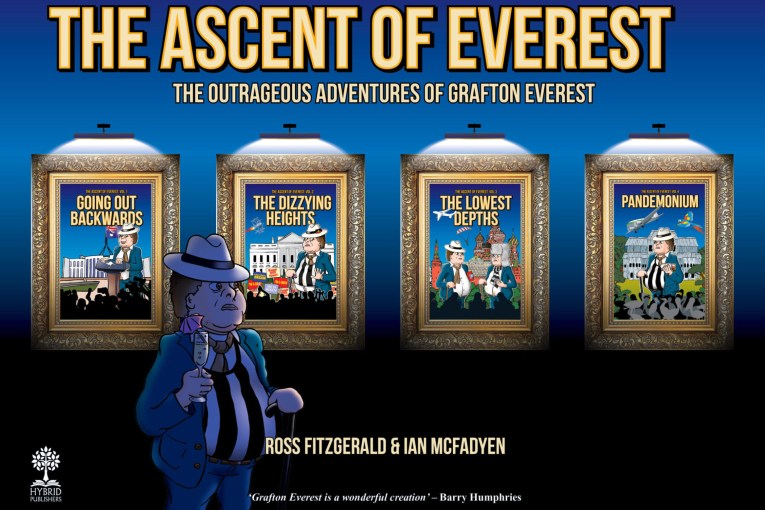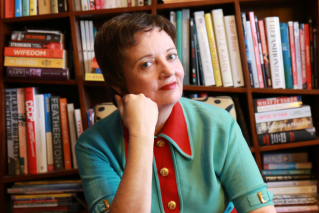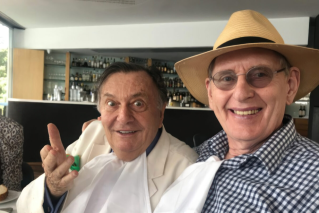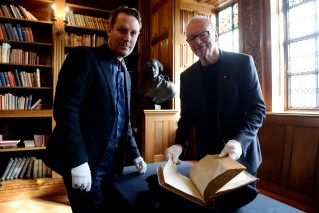Melissa Lucashenko’s new novel is a myth busting tour de force
In her fascinating new novel Melissa Lucashenko lays bare colonial history and attempts to separate myth from reality
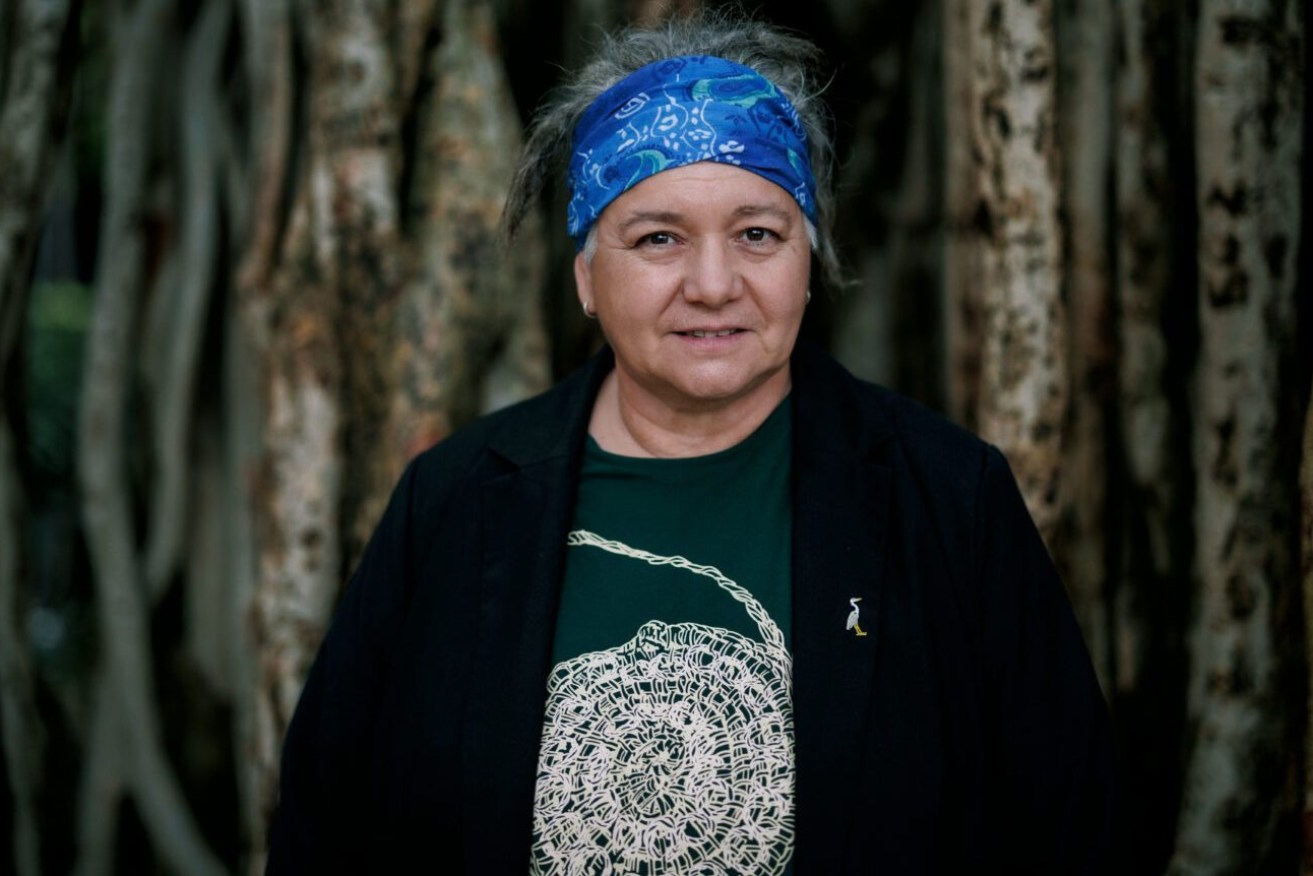
Brisbane author Melissa Lucashenko. Photo by Glenn Hunt.
It feels over-simplistic to describe Edenglassie as a book of love. However, award-winning Bundjalung writer Melissa Lucashenko’s seventh novel is, at its core, built around two romances and an unwavering love, commitment, and connection to Country.
In the 1850s, a time between the British colonisers’ arrival and their wholesale takeover of so-called Australia, Yugambeh man Mulanyin and Goorie woman Nita meet on Yagara land. In 2024, Winona and Dr Johnny meet in a hospital ward after Winona’s Granny Eddie Blanket trips over a tree root while walking through South Bank, outside the Queensland Maritime Museum. These two stories, five generations and almost two hundred years apart, are inextricably linked, though the tragic nature of this link is not revealed until the very end of the book.
Each time period has its distinct tone and a wry humour is present throughout the novel and a case in point is the absurdity of celebrating Granny Eddie as “Queensland’s oldest Aboriginal”.
This humour runs parallel with a deep mourning for what life was like before colonisation and for what could have been.
Even the novel’s title, Edenglassie, a portmanteau of Edinburgh and Glasgow and the colonial name briefly applied to an area of what is now inner Brisbane, is “a nod to the paths not taken”. Pioneer Tom Petrie, who speaks Yagara and has an intimate knowledge of Aboriginal customs, is another example – what would life be like now if more men had been willing to work with Aboriginal communities, instead of against them?
Lucashenko provides a nuanced perspective on the complicated nature of sharing land with an invading force. Her vibrant depiction of Aboriginal communities is imbued with love and joy, even as they deal with the encroaching number of atrocities being perpetrated against their people. This is underpinned by an unapologetic use of Yagara language, combined with an outsider’s impression of the English language.
Edenglassie does not shy away from the realities of racism or the double standards in play in both time periods explored in the novel.
The Native Police are in full force in the 1850s, and the more insidious phenomenon of co-opting Indigenous culture and stories for individual gain is alive and well nearly two hundred years later. There is a hypocrisy in Mrs. Petrie’s criticism of slavery in the United States while living on stolen land with Aboriginal servants, as well as the government’s insistence on using Granny Eddie as a figurehead for Brisbane’s bicentenary celebrations.
All of Lucashenko’s characters are complex and flawed – they are outspoken and passionate, but still prone to making mistakes and in need of guidance from Elders. Nita’s tenacity is present in both Winona and Granny Eddie, and the resilience and power of Aboriginal women and their love for each other and Country is reinforced by the presence of the Matriarch, a fish that calls the warrar (Brisbane River) home. In Edenglassie, Lucashenko hasn’t just produced a novel full of love, but one that is also full of heart and possibly one that will stay, for a while, in the hearts of all who read it.
Edenglassie, by Melissa Lucashenko, UQP, $32.99
This article is republished from InReview under a Creative Commons licence. Read the original article.
InReview is an open access, non-profit arts and culture journalism project. Readers can support our work with a donation. Subscribe to InReview’s free weekly newsletter here.
